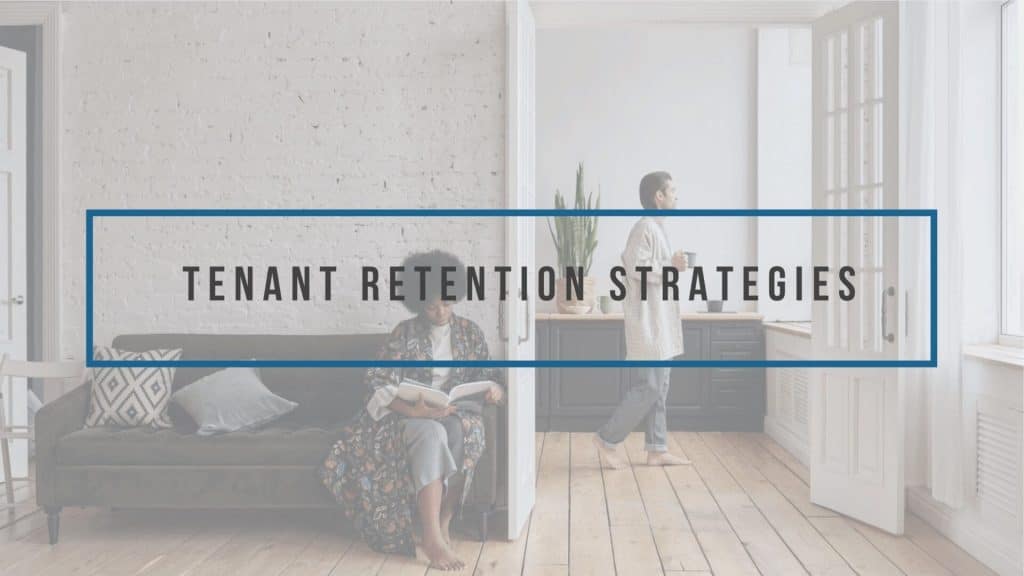Real estate investing can be a big, daunting venture, especially if you’re doing it alone. Teaming up with family or friends might seem like a no-brainer: you already know and trust each other, so why not pool your resources, capital and share the workload? While partnering with people you’re close to can open doors to bigger opportunities, it can also come with unique risks that have the potential to strain your relationship if things go sideways.
Before diving into real estate partnerships with family or friends, let’s break down the pros, the cons, and the must-dos to make it work. The stakes are high—not just financially, but personally too—so it’s worth understanding exactly what you’re signing up for.
The Upside of Partnering with Family or Friends
There’s a reason people often look to those they know when exploring real estate partnerships. Let’s talk about the benefits first:
Built-In Trust
Trust is the foundation of any partnership, and when you’re working with family or close friends, you often already have that in place. Unlike teaming up with a stranger or a business associate, you’re less likely to worry about being scammed or misled. That built-in sense of security can make the whole process feel less intimidating, especially for first-time investors.
Shared Resources
One of the biggest advantages of teaming up is pooling resources. Maybe your cousin has extra capital, and you’ve got experience in property management. Or perhaps you’ve got the construction know-how, and your friend has the time to scout deals. Combining your strengths and resources can make it possible to tackle deals that neither of you could handle alone.
Lower Risk Per Person
Splitting the financial investment can reduce the individual risk for each partner. If the deal doesn’t work out as planned, it’s easier to absorb the loss when it’s shared. This can also give you the confidence to take on bigger opportunities, knowing you’re not shouldering the burden alone.
Easier Communication
Let’s face it: working with someone you already know can feel more natural. You’re likely familiar with each other’s personalities, communication styles, and quirks. This familiarity can make discussions more open and honest—at least in theory.
Stronger Motivation
Because you have a personal connection, there’s often a shared motivation to succeed. Nobody wants to let down their family or friends, so both parties might be more committed to making the deal work.
The Downside of Mixing Money and Relationships
While the benefits are real, there are also risks that can’t be ignored. Mixing personal relationships with business ventures often complicates both. Here’s where things can go wrong:
Emotional Fallout
Money has a way of bringing out emotions, especially when things don’t go as planned. If the partnership hits a rough patch—like a delayed project, unexpected costs, or disagreements over strategy—it can lead to resentment or even a falling-out. Unlike a professional partnership, where you can walk away after the deal, family and friends are part of your life long-term. A strained relationship over a deal gone bad can have lasting consequences.
Imbalanced Effort
Not all partnerships are equal, and that’s fine—as long as everyone agrees upfront. Problems arise when one partner feels like they’re doing more work than the other, whether it’s managing contractors, finding tenants, or handling the finances. Even if it’s unintentional, unequal contributions can lead to frustration and resentment if expectations aren’t clearly outlined.
Lack of Professionalism
When you’re working with someone you know well, it can be easy to skip formalities, assuming everything will “just work out.” Verbal agreements, vague plans, or unclear roles can create confusion and conflict down the line. Real estate is a business, and treating it casually—just because you’re working with someone you trust—is a recipe for disaster.
Financial Risk
While sharing financial risk is one of the benefits, it can also backfire. If the deal doesn’t go as planned, both parties take a hit. This can be especially tough if one person is more financially vulnerable than the other. Money lost in a bad deal can be replaced, but trust and goodwill are much harder to rebuild.
Decision-Making Gridlock
Partnerships require agreement, and disagreements are bound to happen. Whether it’s over which property to buy, how much to spend on renovations, or when to sell, conflicts can slow down the process—or worse, derail it entirely. If you don’t have a clear process for resolving disputes, decision-making can become a major stumbling block.

How to Make It Work
If you’re determined to partner with family or friends, there are ways to minimize the risks and set the stage for a successful collaboration. Here’s how to make it work:
1. Treat It Like a Business
First and foremost, remember that this is a business partnership—not a casual side project. Approach it with the same professionalism you would if you were working with a stranger. That means having formal agreements, clear communication, and documented plans.
2. Define Roles and Responsibilities
Clarity is key. Who’s responsible for finding deals? Who’s managing contractors? Who’s handling the finances? By clearly outlining each partner’s role, you can avoid misunderstandings and ensure that everyone knows what’s expected of them.
3. Put It All in Writing
This is non-negotiable. A partnership agreement should spell out everything: financial contributions, profit-sharing, decision-making processes, and what happens if one partner wants out. A written agreement protects both parties and serves as a reference point if disagreements arise.
4. Set Boundaries
It’s important to separate business from personal life. Decide when and how you’ll discuss the partnership. For example, you might agree not to bring up business matters at family dinners or social events. Keeping boundaries clear can help preserve your personal relationship.
5. Communicate Regularly
Schedule regular check-ins to discuss progress, address concerns, and make decisions together. Clear and consistent communication can prevent small issues from turning into big problems.
6. Be Prepared for Worst-Case Scenarios
What happens if the property doesn’t sell? What if one partner wants to back out before the project is finished? Discuss and plan for these scenarios upfront so you’re not scrambling if they happen. It’s not the most comfortable conversation, but it’s one that can save your partnership in the long run.
When to Say No
Not every family member or friend is a good candidate for a real estate partnership, and that’s okay. Here are some signs you might want to reconsider:
– Different Goals: If one of you wants quick flips and the other is thinking long-term rentals, the partnership may not work.
– Poor Financial Habits: Partnering with someone who has a history of financial trouble or poor money management is risky.
– Difficulty Handling Conflict: If you’ve had trouble resolving disagreements in the past, adding money to the mix probably won’t help.
– Unclear Expectations: If the other person seems unwilling to discuss responsibilities, profits, or potential risks, that’s a red flag.
Is It Worth It?
Partnering with family or friends can be a great way to get into real estate investing, especially if you’re just starting out or tackling a larger deal. But it’s not a decision to take lightly. The success of the partnership depends as much on the relationship as it does on the deal itself.
Take the time to evaluate whether the partnership makes sense, and don’t let personal ties cloud your judgment. If you approach it professionally, communicate openly, and plan for the unexpected, you can create a partnership that benefits both parties—and maybe even strengthens your relationship in the process.
In the end, the best partnerships are built on trust, respect, and clear expectations. Whether you’re buying your first rental property or flipping a multi-family home, teaming up with the right person can make all the difference. Just be sure to protect your relationship as much as your investment.




